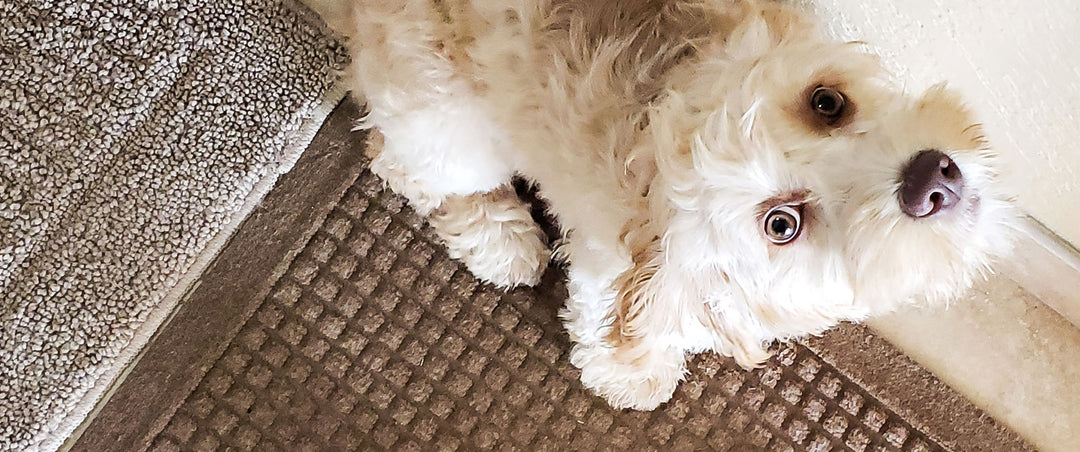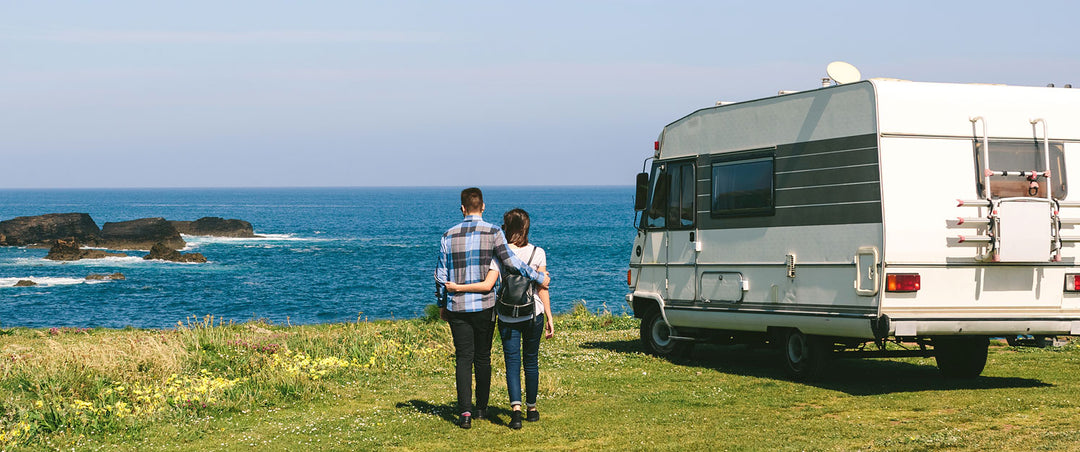Pros of Early Season Hunting
- Deer are much more predictable and easier to pattern in the early season.
- With a freezer full of early-season meat, you can relax and enjoy hunting for the rest of the season.
- The days are longer, so you can get in a hunt after a full day at work.
- Deer are less pressured early in the season.
Cons of Early Season Hunting
- There are more leaves on the trees providing whitetail deer more cover.
- If you fill all your tags during early season, you’re left to watch your buddies hunt the rest of the season.
- It takes more work to hunt mornings earlier in the season.
Mistakes to Avoid
Killing a Honey Spot
If you have done your pre-season scouting well, there’s at least one spot that’s hotter than all the rest. Don’t ruin this stand early on with over enthusiasm.
It’s easy to make the mistake of hitting this spot when conditions are poor because you assume it’s your best bet at bagging a buck. If that’s the case, it’s best just to stay home altogether.
If you have a honey spot, you don’t want to spoil it by overhunting it. Hunting a great spot can completely ruin it if conditions are poor, and you end up spooking game in the area.
Be patient and wait for the perfect timing, so it stays a dependable spot throughout the season.
Boredom Ruining a Good Shot
With phones acting as a natural distraction from boredom, it’s easy to find yourself browsing your phone when you should be watching the field.
Don’t let boredom be the reason you miss a great shot. Too many hunters have been a second too late reaching for their weapons because they were checking messages or scrolling social media.
Don’t be that hunter.
Abandoning Your Post
Don’t underestimate the benefits of staying late and arriving early. Just because whitetail deer are more active at first and last light doesn’t mean that’s the only time they’re active.
Stay in your stand an hour later than you usually would. And get to your stand an hour earlier in the evening. It might surprise you what you see.
Avoiding Mornings
Most hunters avoid mornings in the early season because they don’t want to spook moving deer.
While that is a valid concern, it doesn’t mean you should avoid mornings altogether.
If you did your pre-season scouting well, you should have a good entrance and exit strategy for your prime hunting locations.
It does take some extra work, but if you have scouted out travel corridors, you can hunt mornings without fear of spooking deer in the area. And you could be rewarded with a nice early season buck (the big guys that tend to disappear later in the season.)
Patterning Disrupt
Deer will quickly pattern and avoid you if you’re not careful. During the rut, you can get away with a lot more than during the early season. With denser cover, it’s easy for deer to hide, which means it’s easier to walk up on deer bedding down. Make sure you are using scent control, so you aren’t inadvertently disrupting patterns.
Tips for Early Season Success
-
Take advantage of patterning. By knowing how whitetail deer are moving through an area, you can capitalize on this more consistent behavior.
-
Pay attention to food sources. Don’t assume a planted soybean field is your only honey spot. Oftentimes, deer will feed acorns and woody browse on their way to bed down.
-
Watch the weather. Changing weather or an approaching storm front can change the way and spots you choose to hunt.
-
Use early season for scouting. Hang back and scout an area. Pay attention to altered behaviors, bucks stripping velvet, and new food sources popping up. This can help you understand the way bucks are moving through an area. And it ensures that you hunt sweet spots when conditions are the most favorable. Just make sure you’re not getting too close on your scouting endeavors.
-
Know water sources. Early season hunting is usually still pretty warm. Deer stick close to water to cool down and stay hydrated. Know the water sources in your area. They could be great locations for getting an early-season kill.
- Use scent elimination. Don’t ruin the rest of your season by unintentionally spooking deer with your scent. When you use Dead Scent, it ensures deer noses don’t pick up on your location before their eyes do. Many hunters make the mistake of thinking scent control doesn’t matter, and they never know all the bucks they could have seen.






